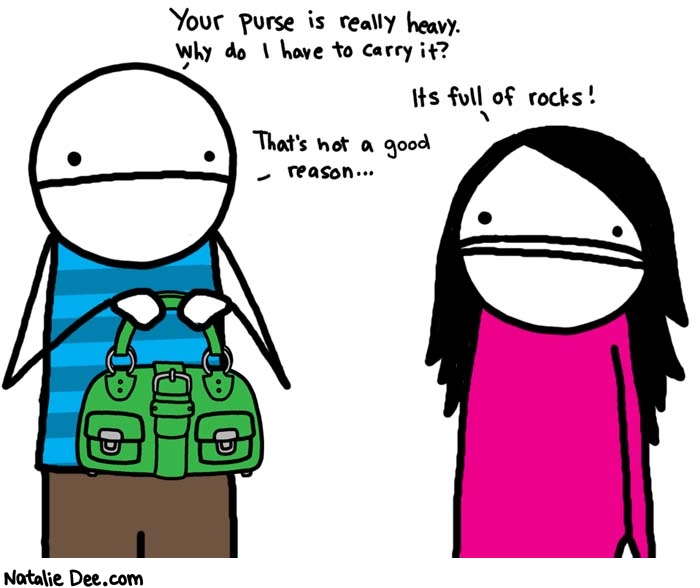
At New Scientist, Michael Marshall reports, “It is human nature to cooperate with strangers” (13 June 2011):
It seems humans really are the cooperative ape. A nomadic society in east Africa that lacks a centralised government can still regularly muster armies of several hundred warriors, most of whom are strangers to each other.
These would be Turkana men, raising a crowd to risk their lives rustling cattle. Marshall observes,
We are the only species prepared to cooperate in large numbers with unrelated individuals. The feeling was that such behaviour was a recent development, requiring a centralised political authority. Now it seems possible that such cooperation could have predated these organisational structures and may have featured in numerous large prehistoric societies hundreds of thousands of years ago.
In that case, we are allowed to believe that such co-operation exists.
Interesting that researchers Mathew and Boyd – instead of theorizing from baboons and vervet monkeys and then making an announcement that lies in the face of everyday observation – observed humans in real life (the Turkana here standing in for Cave Man).
I have noted the same quality in a starkly non-violent situation: A Toronto subway shutdown at rush hour. If humans have an “innate tendency” to interpersonal violence or lack of co-operativeness, the shutdown should demonstrate it – thousands of people from all over the globe suddenly stranded together at a major urban intersection. What happened? Why? Essentially, why do humans co-operate?: If for no other reason, humans use reason – if only as a tool – to sort between competing drives when making decisions. Reason is not an illusion created by the buzz of neurons in the brain, to the outcome of which the organism later randomly assigns a “cause” in order to reduce felt anxiety. Reason is a tool, as actual in Turkana Prairie as in Toronto.
Humans reason, and are conscious of reasoning, about whether they should cooperate and with whom. We know when we are reasoning. We are aware of conflicting desires and loyalties as a dilemma of reason, as well as of feelings. In the absence of such a tool, apes do not behave the same way, and those who are looking for evidence that “it’s all just the same really” are wasting their time.
There are other ways of using reason, of course. A more sophisticated use finds the reasoner asking, “Should I be stealing cattle at all? Is that just?” But we are not quite there yet. We are still at the level of explaining why Turkana raiders work co-operatively with strangers or why Toronto subway crowds go dramatically passive, despite provocations, during shutdowns.
Denyse O’Leary is co-author of The Spiritual Brain.